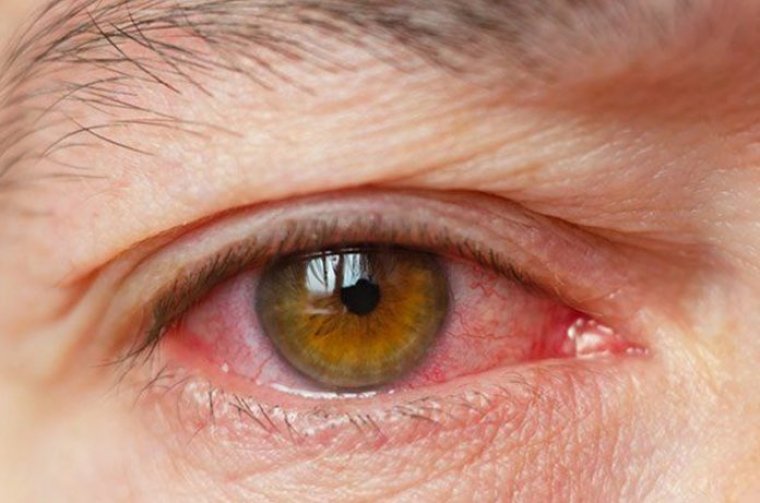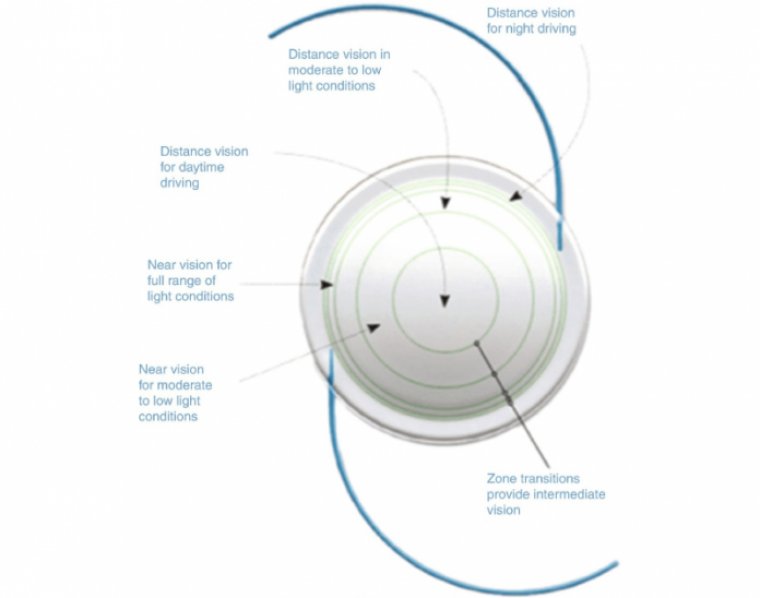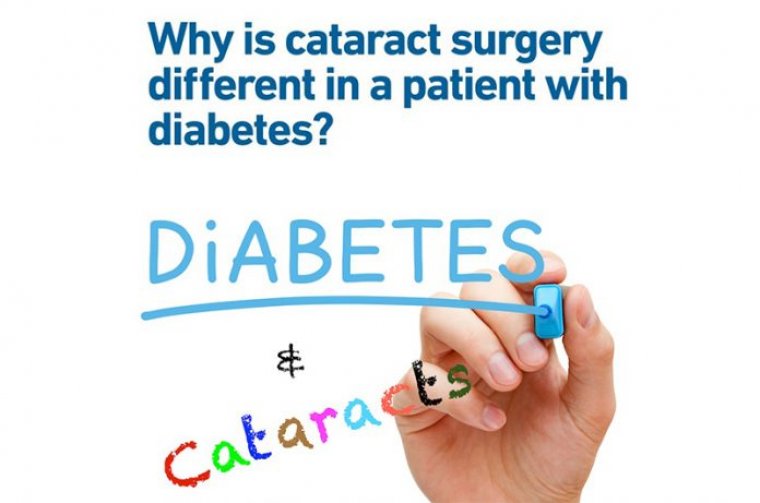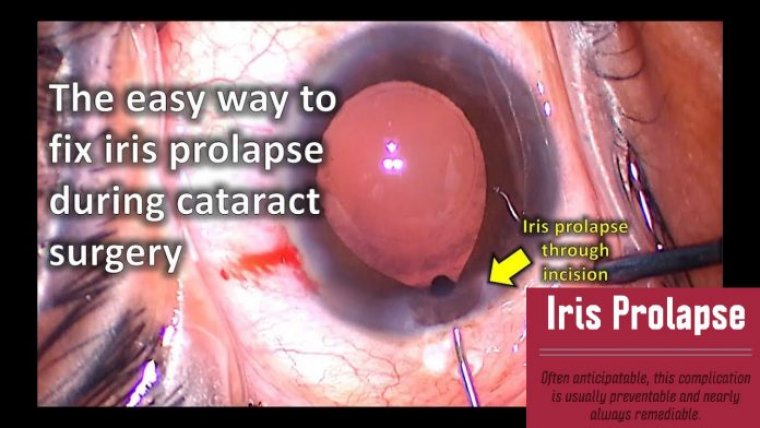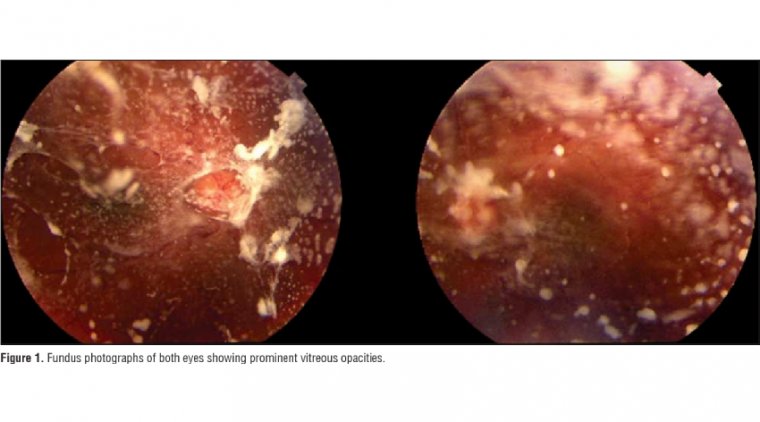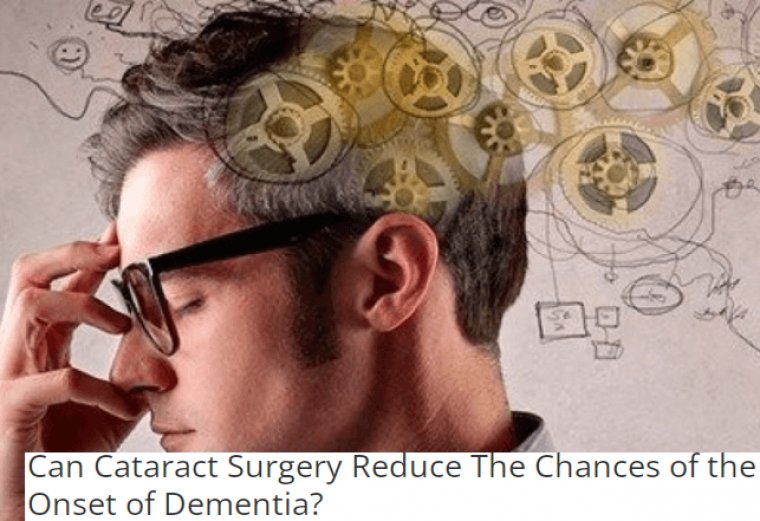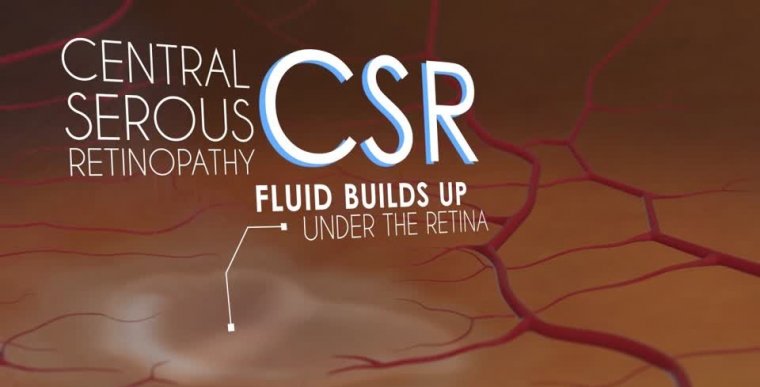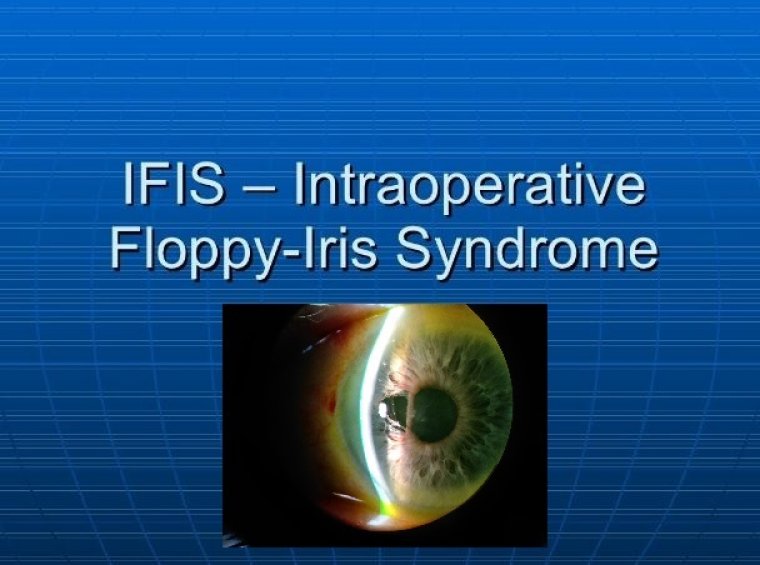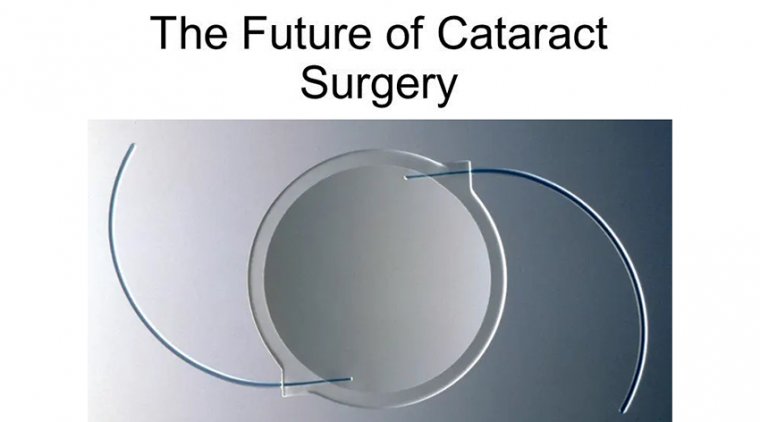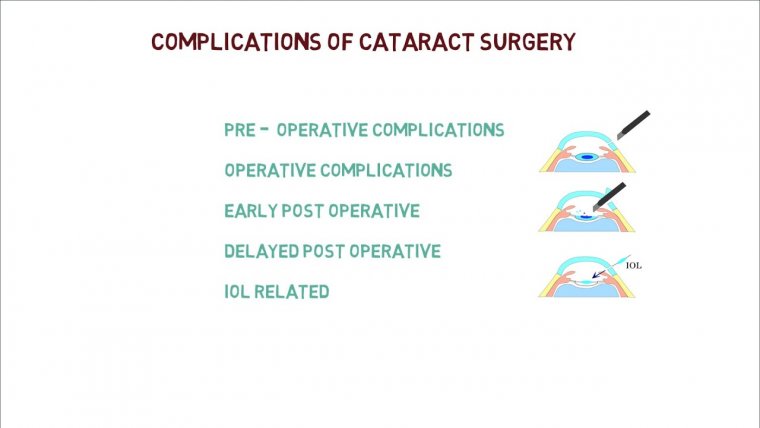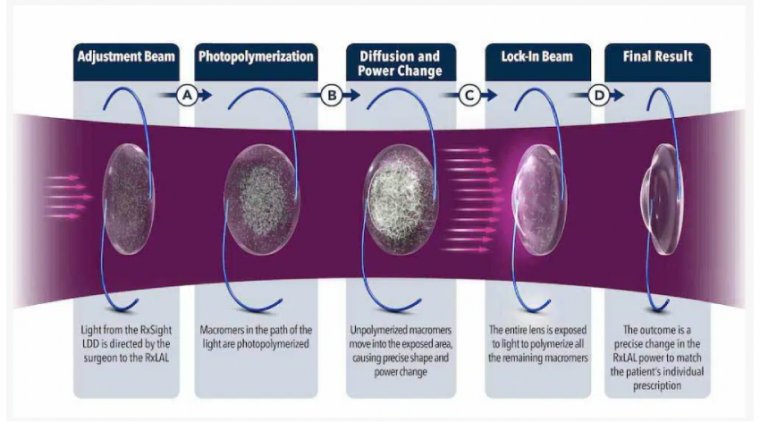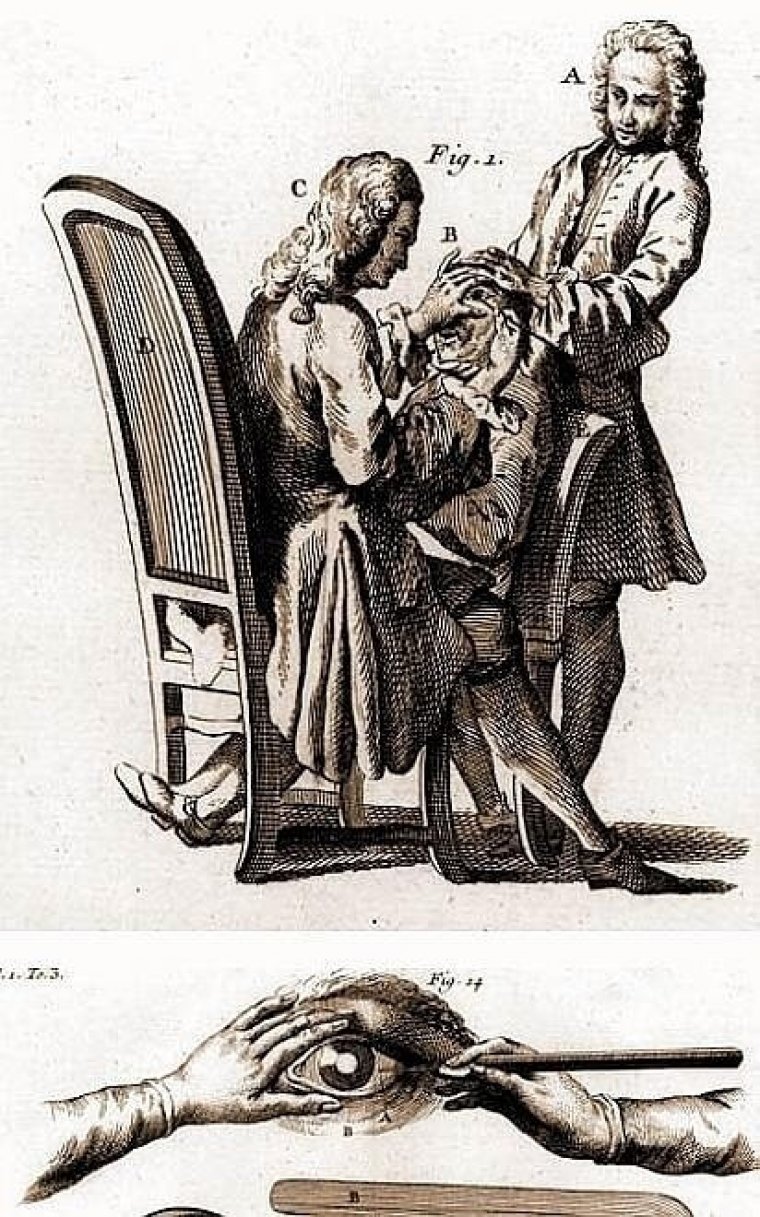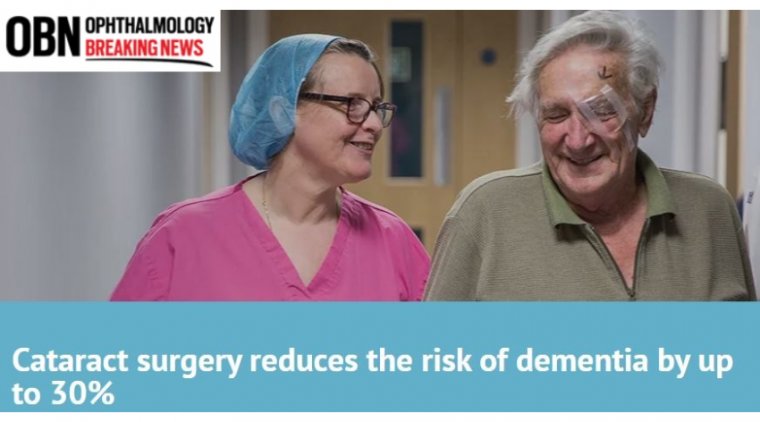
Cataract Surgery May Protect Against Dementia
One study found an increased risk of dementia in older adults who experienced worsening vision over an eight-year period. So might preventing or reversing vision loss reduce the risk of dementia? Previous studies have been mixed.
New evidence that cataract surgery may prevent dementia.
A new study in JAMA Internal Medicine makes a strong case that removing cataracts may reduce your risk for developing dementia. It analyzes the relationship between cataract surgery and risk of dementia over time among more than 3,000 older adults with cataracts or glaucoma. None had dementia at the start of the study.
The researchers found:
- The risk of developing dementia was 29 percent lower among people who had cataract surgery than among otherwise similar people who did not have this surgery.
- Among people with glaucoma, the risk of dementia was the same whether they did or didn’t have surgery. (Of note, glaucoma surgery does not restore vision.)
- Study results were unlikely to be due to differences in health or access to health care, or other risk factors for dementia. After researchers accounted for these factors, the results were unchanged.
In comparison, glaucoma surgery, which doesn’t restore vision, did not have a significant association with dementia risk.
Sensory impairment and dementia are both strongly associated with aging, more knowledge about the association may have important implications for adults as they age, particularly if interventions to improve sensory function reduce dementia risk.
Some special cells in the retina are associated with cognition and regulate sleep cycles, and these cells respond well to blue light. Cataracts specifically block blue light, and cataract surgery could reactivate those cells.
Diseases of aging tend not to be found in isolation; comorbidity is common, with one or more diseases exacerbating the progression of others in a damaging feedback loop of pathology.
Vision loss and dementia have long been tied together in this way, with poor eyesight often leading to isolation and inactivity that can accelerate dementia.
Dementia already places a huge burden on healthcare systems, as well as patients and their families – and this burden is only set to rise with an increasingly aged population.
Evasive “cataraction”
So, is it possible to tackle the growing rates of dementia by targeting cataracts?
In the first study to directly explore the relationship, researchers from the University of Washington, USA, found that cataract removal significantly reduces the risk of the patient developing dementia.
The researchers analyzed a large pool of data from the Adult OCT Under Pressure Could optical coherence tomography ever replace current – highly invasive – intracranial pressure monitoring methods?
The pressure within the skull is a critically important factor in numerous conditions, Changes in Thought study; specifically, the team assessed 3,038 participants, all of whom were over the age of 65 with glaucoma or cataracts before enrollment.
Interestingly, glaucoma surgery did not appear to affect the risk of dementia developing, but those who had cataract surgery had close to a 30 percent lower risk, which persisted beyond 10 years.
The authors suggest that both increased quantity and quality of light may be behind the significant effect of cataract surgery on dementia risk.
In particular, blue light, which acts on photosensitive retinal ganglion cells, is associated with positive measures in cognitive function and Alzheimer’s disease; the researchers note that the yellow hue of cataracts blocks blue light, possibly speeding the onset of dementia by inhibiting mental stimulation including traumatic brain injuries and intracranial haemorrhage.
But the only way to monitor intracranial pressure relies on a probe or catheter inserted into the intracranial compartment – an invasive procedure that brings the risk of further complications. Looking for an alternative, researchers
Healthy heart, healthy brain?
Another potential explanation (or coconspirator) is the role of vascular health; visual impairment can be accompanied by a reduction in mobility and activity, which contributes towards poor vascular health – a major risk factor for dementia onset and progression.
The removal of cataracts and the recovery of vision may enable more active and healthy lifestyles, increasing vascular health and thus reducing dementia risk.
The researchers admit that further research is needed to determine the mechanism of action. But, whatever the reason, their work provides another reason why cataract surgery is so important – if further justification were ever needed.








